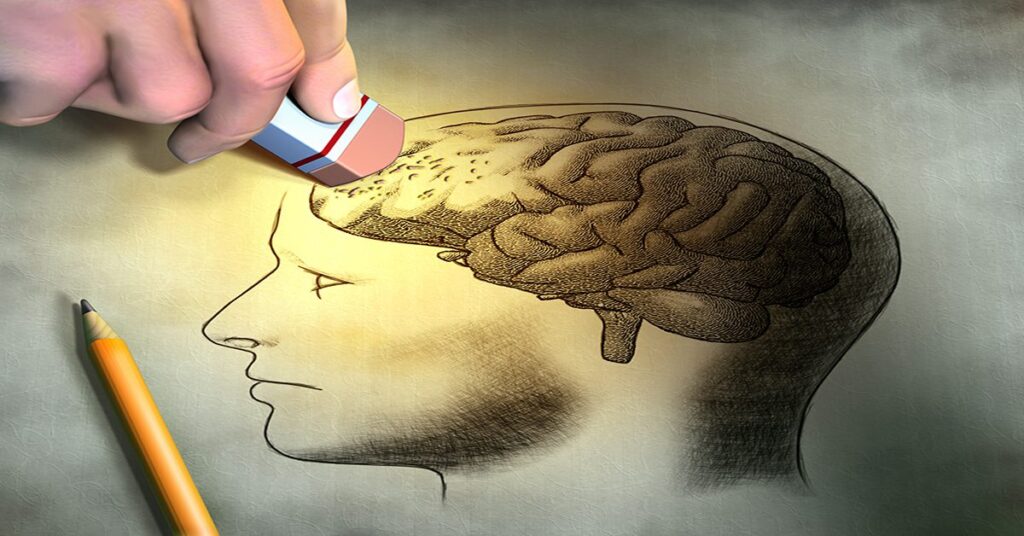Most of us want to have a better memory and are always looking for ways to improve it. Unfortunately, our memory seems to fade as we get older, but most don’t think of those with depression or anxiety as having a poor memory.
Just like all mental health issues, one can have a different effect from person to person. We all have different types of memory – short-term and long-term. Working memory and mental health can have specific impacts on these. Understanding how your mental health can impact your memory is important in learning how to improve your well-being. Fortunately, there are simple things that you can do on your own to benefit your memory in addition to seeking mental health treatment.
How Does Depression Impact Memory?
Research has shown that depression mainly harms your short-term memory and prospective memory, while other types of memory don’t suffer. Symptoms of depression can include trouble focusing on tasks, as well as confusion, and forgetfulness. An example of short-term memory loss is depressed individuals have difficulty identifying objects that they were presented with that they had just viewed previously.
Also, those who suffer from depression have a hard time remembering details about events. They will remember the event but not specifics about it. Depression can also weaken a person’s prospective memory. Prospective memory is remembering to do tasks you may have set out to do or appointments, like picking up a prescription or a doctor’s appointment. When you are depressed, you can become a lot more forgetful of these tasks, and your ability to carry out prospective memories can suffer.
When looking closer at the brain area that may be associated with these conditions, it is thought that the hippocampus, an area of the brain that deals with learning and memory, is smaller in those who are depressed. This may explain one reason why depression can have an impact on how well you remember certain things.
How Does Anxiety Impact Memory?
Research has shown that anxiety and worrying can hinder your working memory, causing you to make more mistakes and be more forgetful. Here are just a few examples of experiences that anxious individuals might encounter as a result of hindered working memory function:
- Forgetting where you parked in a parking lot
- Repeating yourself because you have forgotten if you’ve said it already
- Difficulty recalling directions
- Losing everyday items you keep with you, such as your keys or phone
- Forgetting what you came to the store to purchase
Way To Improving Your Memory
Poor memory can be extremely frustrating and can certainly affect many aspects of your life negatively. Luckily, there are methods that you can use to improve your memory function. Here are some suggestions that encompass a variety of strategies that you can try:
- Decrease your sugar intake
- Meditation
- Daily vitamins
- Healthy sleep routine
- Brain exercises and games
- Physical exercise
Start Professional Healing at Evoke Waltham
The bottom line is that your mental health can impact your memory function, and there is no reason to panic. This is both a common and manageable symptom of conditions like depression and anxiety. Understanding your mental health and gaining more control of it is important to your well-being, and there are a variety of ways that you can work to improve your well-being at Evoke Waltham Center.
At Evoke Waltham, we know that no two situations are the same, which is why we provide a highly individualized approach to comprehensive healing. In addition to Day Treatment and Night Treatment treatment, we offer over-the-phone and virtual care, making receiving the help you need more convenient than ever before.


